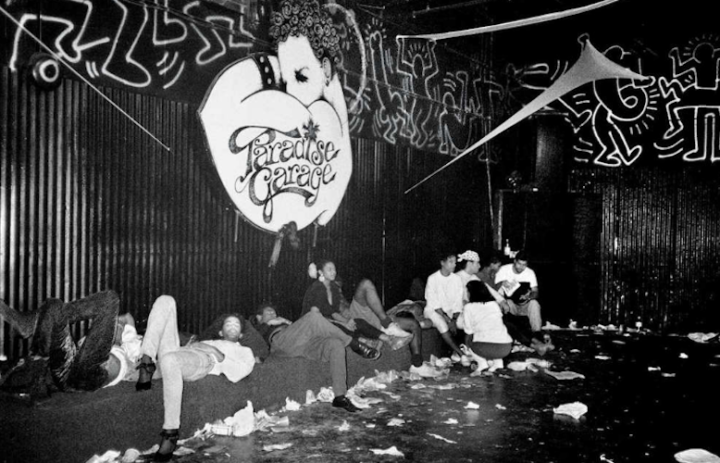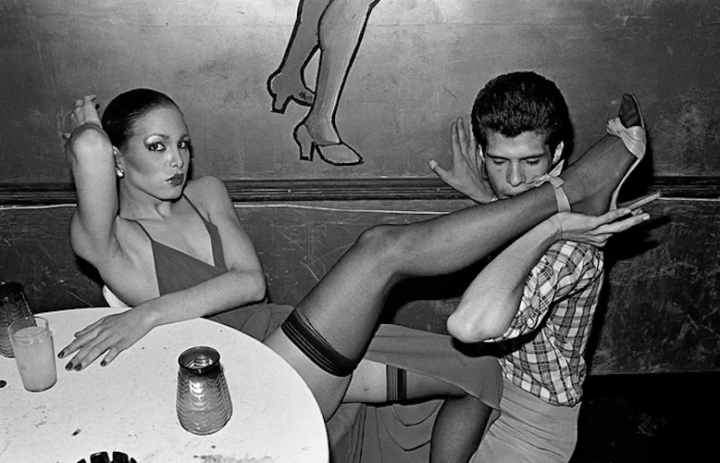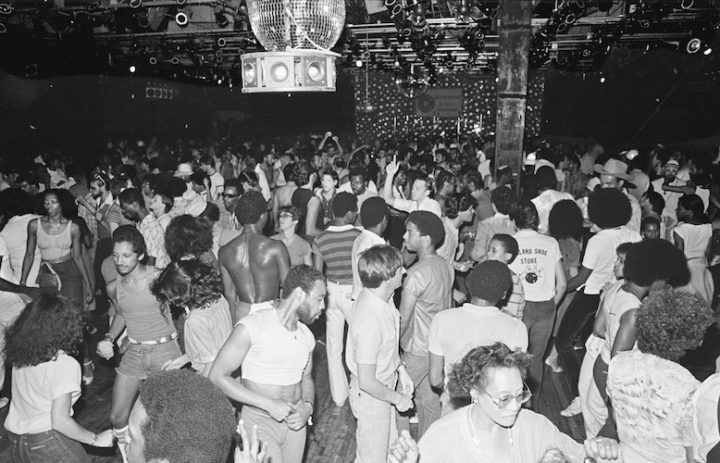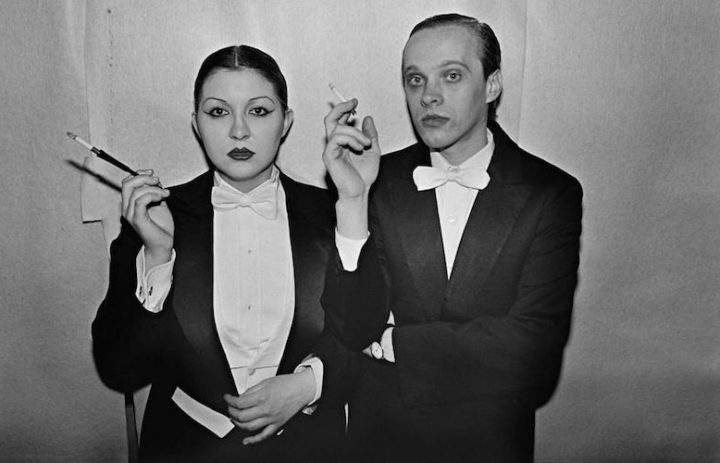The summer of 2017 marks the 30th anniversary of the closure of Paradise Garage, the most important nightclub in history.
From 1976 to 1987, “The Garage” in New York City established the foundation of modern clubbing. Transitioning disco culture into the house era, Paradise Garage made an icon out of its mythical resident DJ Larry Levan (1954 – 1992), whose dynamic, innovative sets changed the role of the DJ and made superstars out of selectors.
As disco resurges in popularity, a new generation of clubbers and electronic music fans are seeking out the history and context of their scene. This has ignited a newfound love for the hedonistic genre and a burning curiosity about one of the earliest safe spaces, which continues to influence clubbing and queer nightlife culture three decades after closing its doors.

Objective
Paradise Garage: 1976 – 1987 activation will recreate the legendary Manhattan nightclub inside an electronic music festival to mark 30 years since its closure.
Bringing together disco DJs from past and present, a troupe of glamorous dancers and performers, and a gallery of retrospective photographs, we will tell the story of the nightclub that kickstarted the last major youth culture movement of the 20th century through an immersive, extravagant experience.
Music
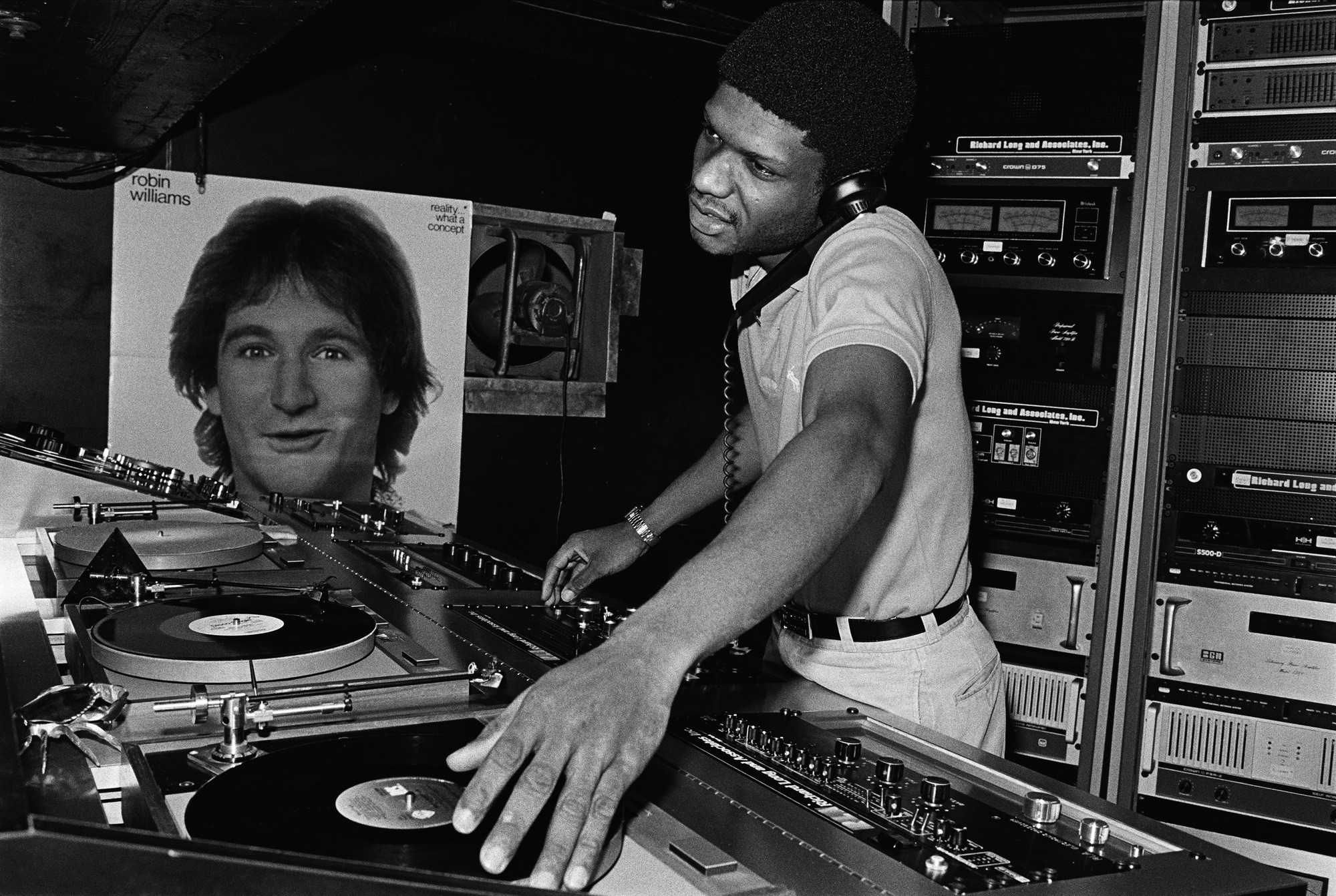
Under an enormous disco ball, surrounded by a diverse cast of actors and performers, festival goers will dance to the infectiously funky disco sounds of Paradise Garage. A series of legacy and current DJs will perform extended sets (up to six hours), including the likes of DJ Harvey, Bill Brewster, Nicky Siano, and Mister Saturday Night.
On Sunday, we will play Larry Levan’s final set from Paradise Garage’s closing party in September 1987 in its entirety.
“Putting a roomful of people in the moment. Amazing them, surprising them, challenging, even confusing them; pushing, electrifying, loving them; carrying them with you towards a better place.” – journalist Bill Brewster on Levan’s influence on DJing.
Performers
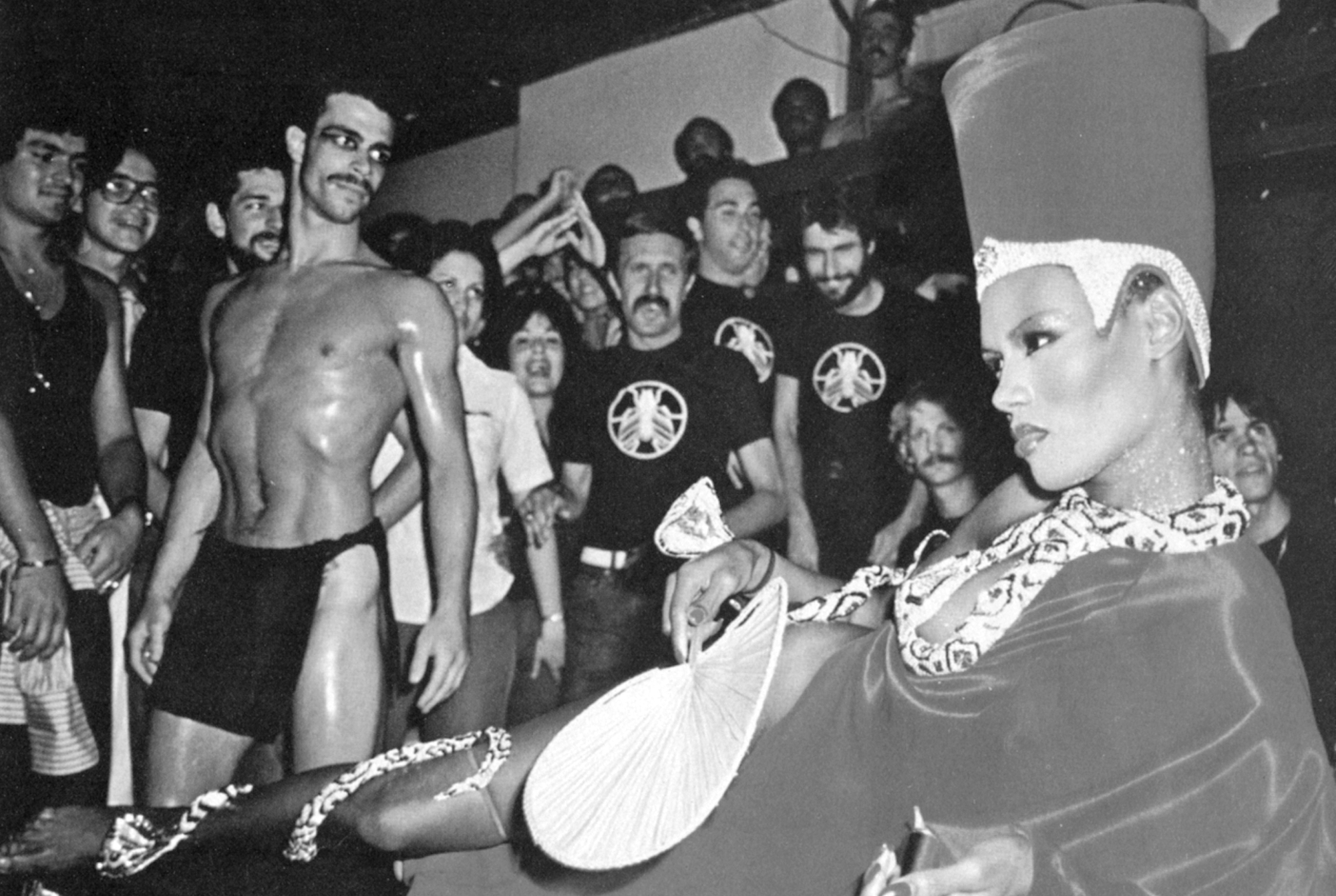
To recreate the authentic vibe of The Garage, we will have actors and performers at the door, on the dance floor and on stage. Dressed in flamboyant 70s disco garb, the performers will hustle the guest list, vibe out the floor, and perform theatrics throughout the weekend to further immerse the fans in the unbridled decadence of Paradise Garage.
- Disco dance off-style performances every three hours
- Actors in line, schmoozing the crowd and hustling the doormen for spots on the guest list
- A Saturday night guest performance from Ru Paul
Gallery Space
Upon exiting Paradise Garage: 1976 – 1987, festival goers will pass through a small gallery hosting photographs from celebrated New York disco photographer Bill Bernstein, showcasing the history of the club and the scene with quotes and supporting anecdotes from the likes of David Mancuso, Nicky Siano, David Morales and Frankie Knuckles.
Production
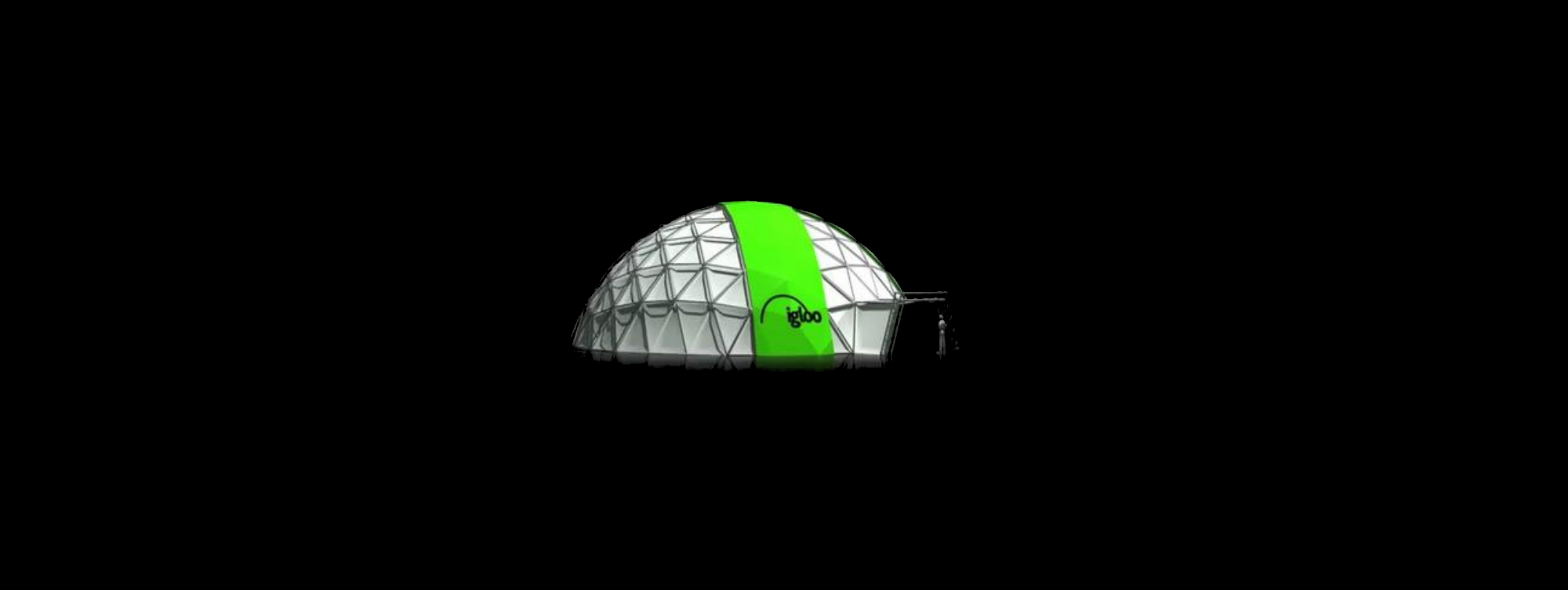
Given the plethora of eye-catching stages and activations that will surround Paradise Garage: 1976 – 1987 at any festival it appears at, it’s necessary that the stage design matches the ambition of the concept itself and can comfortably house 400-500 people.
Igloo Vision specializes in building immersive geodesic domes with 360° projection mapping. They have built their custom domes at Glastonbury, Creamfields and Eastern Electrics and have the most advanced portable projection simulator ever created.
Content
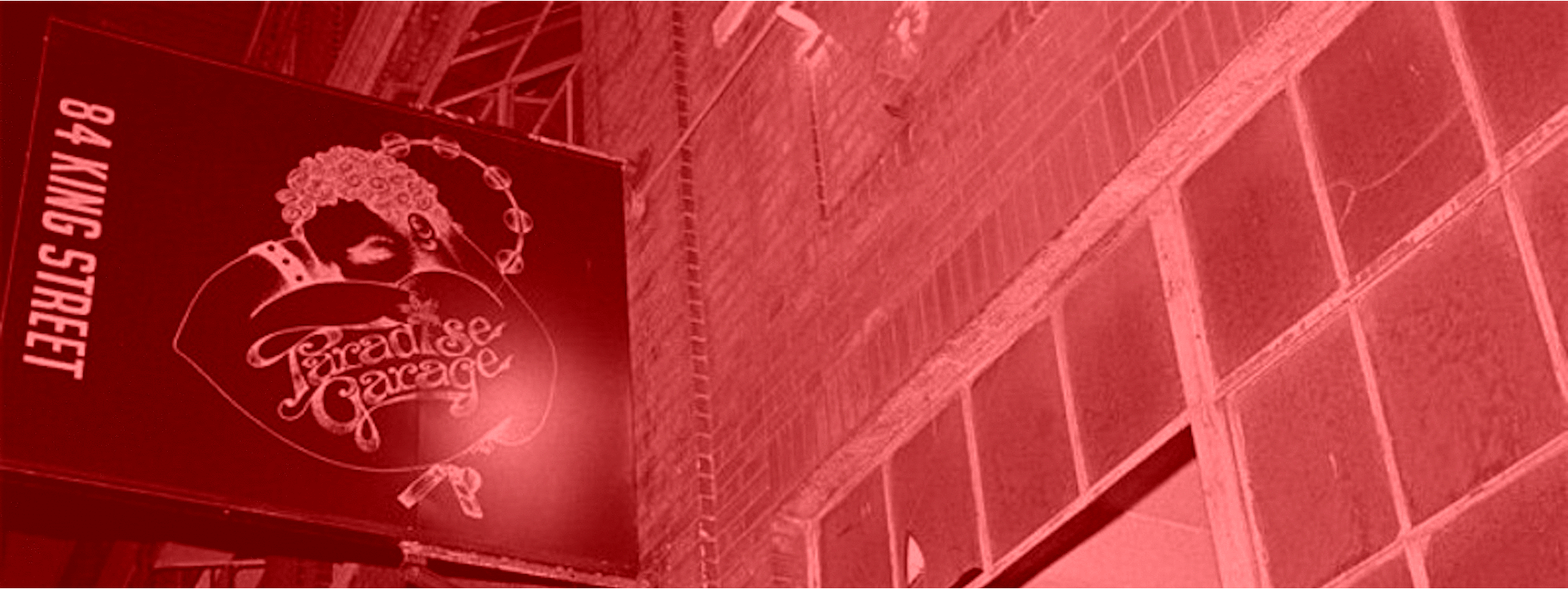
Having a rich and in-depth content strategy pre and post-festival will be key to helping Paradise Garage: 1976 -1987 become a genuine cultural moment in the dance scene.
By partnering with a relevant dance music outlet (Mixmag, Resident Advisor, DJ Mag, etc.) we will commission a short, co-branded documentary about Paradise Garage prior to the activation’s first festival appearance. This can be supplemented by curated editorial content about the club and the activation and be tied up with an aftermovie that goes behind the scenes of Paradise Garage: 1976 -1987.
Given the widespread and cross-generational appeal of Paradise Garage, Studio 54 and the New York disco scene of the 1970s, we can ensure relevant coverage and global digital visibility for the partnering brand.
Brand Visibility
Given the requisite level of subcultural authenticity involved in executing an experience like this, the brand presence would need to be more restrained.
A mixture of logo and product placement, social engagement, and a widespread pre and post-event content marketing and communications strategy would give the brand significant visibility without sacrificing authenticity.
On-site brand visibility includes:
- Branded photo wall connected to RFID wristbands
- Neon hi-visibility hashtag to drive engagement
- Bar inside tent carries brand’s product (if liquor or soft drink)
- Branded fans to stay cool throughout the weekend
The Right Experience at the Right Time
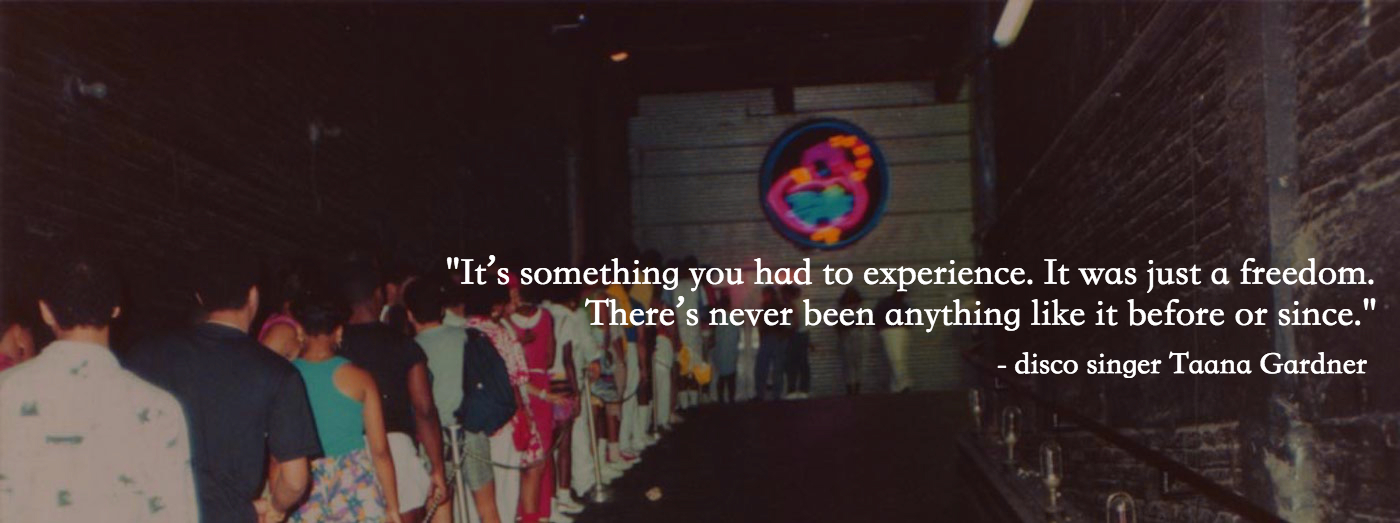
This generation’s committed push to have better representation and safer spaces for queer communities and POC, combined with a veritable renaissance for disco and NYC nightlife, would make this the most important and timely activation of the festival season.
Openness
The significance of Paradise Garage to the LGBTQI and POC communities cannot be understated. By allowing the message of this activation to be one of celebration of the queer POC, Paradise Garage: 1976 – 1987 will reflect extremely well on the attached brand in the dance music scene.
Disco is Back
James Murphy of LCD Soundsystem has brought his pop-up disco tent Despacio to Coachella and other Goldenvoice properties to great success for several years now, proving that there is a huge appetite amongst the millennial audience for disco music.
Engagement
Such is the fanatical interest in this particular era of dance music, that the pre and post-festival content would be widely distributed and supplemented with social engagement, allowing the activation to transcend the festival and become a cultural moment for a generation of fans seeking out their history.
Temperature
The most successful activations at EDM festivals are shaded and air conditioned. Creating a space that offers some respite from the heat, and contributes to the culture of the festival by being an area to experience something unique is, a winning formula.
About Us
Black Circle Media is a creative content agency specializing in electronic music and culture. Our founders Ross Gardiner and Jemayel Khawaja have written and produced dance music content for a diverse array of publications, including Vice, Mixmag, Billboard, the Guardian, LA Weekly, and THUMP. Our clients include Red Bull Culture, Insomniac, Tomorrowland, Steve Aoki, Electric Zoo, Time Warp and We Are FSTVL.
They are also avid disco heads that love nothing more than cutting it up to the chunkiest, funkiest glitter-basted jams.
Built by Black Circle Media, 2016
